Intersectional Studies – Gender & Sexuality
Teacher(s): Felicity Markdal
Lessons: 4/week
“and i said to my body. softly. ‘i want to be your friend.’ it took a long breath. and replied ‘i have been waiting my whole life for this”
You’re a boy, she’s a girl, they’re queer, ze is disabled, ey is coloured, xie is an immigrant… we spend a large part of our life placing labels on people, putting ourselves and others in boxes, some of which feel comfortable and some which might feel incredibly uncomfortable, fit badly, or even cause harm.
Labels and boxes are a way for our brains to cope with the vast amounts of information that we absorb about the world and the people in it every day. Yet where do these boxes and labels come from, who decides the size, shape and criteria of each group? Do we agree with these criteria?
In these classes, we will look into the characteristics of these boxes and labels, such as boy, girl, trans*, heterosexual, homosexual, queer, disabled, feminist, immigrant, and so on. We will explore historically where they come from, globally how they might differ, how they might have changed over time, and the effect that putting people in boxes has.
We will explore not only the identity boxes by themselves, but acknowledge and explore that each of us is like a Matryoshka Doll with layered and intersecting identities, so we will explore what happens between and across the layers of our identities, for example Kimberlé Crenshaw talks about a car manufacturing firm that was sued by a group of woman of colour, the firm won the legal case, claiming that they were not discriminating against women; they had women working there, but they were all white; and not racist, as there were people of colour working there, but they were all men. So, you see the layers of these women’s identities, as with many other humans, meant that they were discriminated against and yet the person, system, organisation doing it, were not technically/legally doing anything “wrong”.
If you want to explore issues of equality and inequality, understand and deconstruct oppression and discrimination, know more about LGBTQIA+ issues, expand your knowledge of Intersectionalism and just challenge the status quo of the world we live in, then maybe this is the safe space for you!
Teaching Methodologies:
Discussion (lots of discussion, big groups and small groups)
PowerPoint Presentations
Creative Activities- photo projects, personal diaries, drawing/ painting
Research projects
Student presentations
Laughter and other emotions
Academic Fields linked to:
Gender Studies
Cultural Studies
Overview of Classes
We offer nearly 40 different subjects and classes. View the alphabetical list here.
Global Studies
Global Studies are the main focus at International People’s College in Denmark. We focus on cultural education, cultural meetings and global development.







